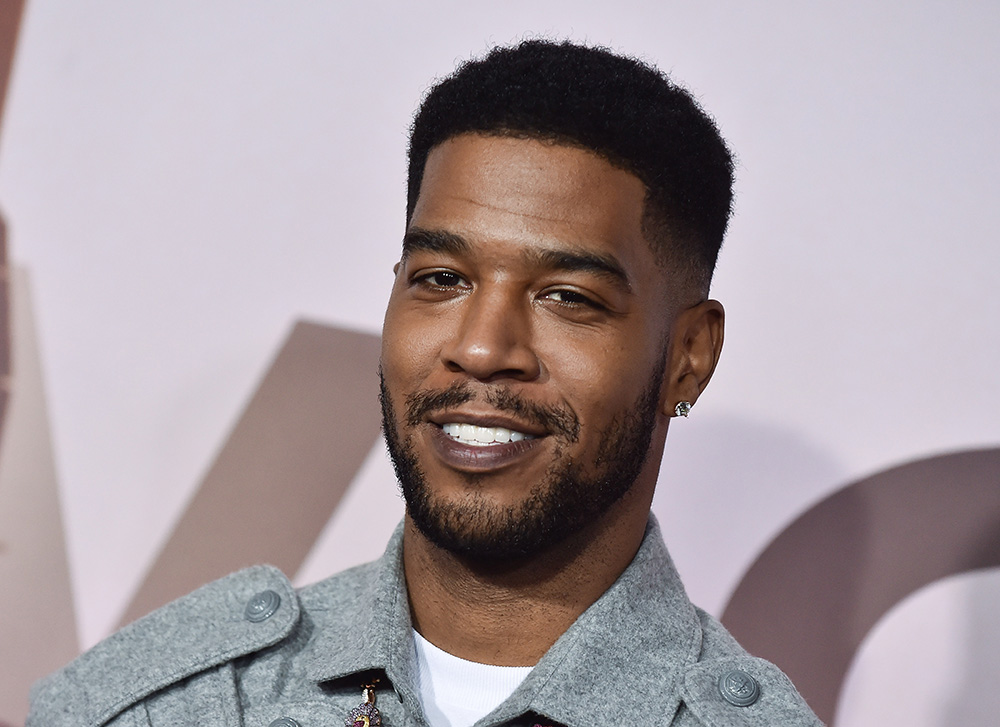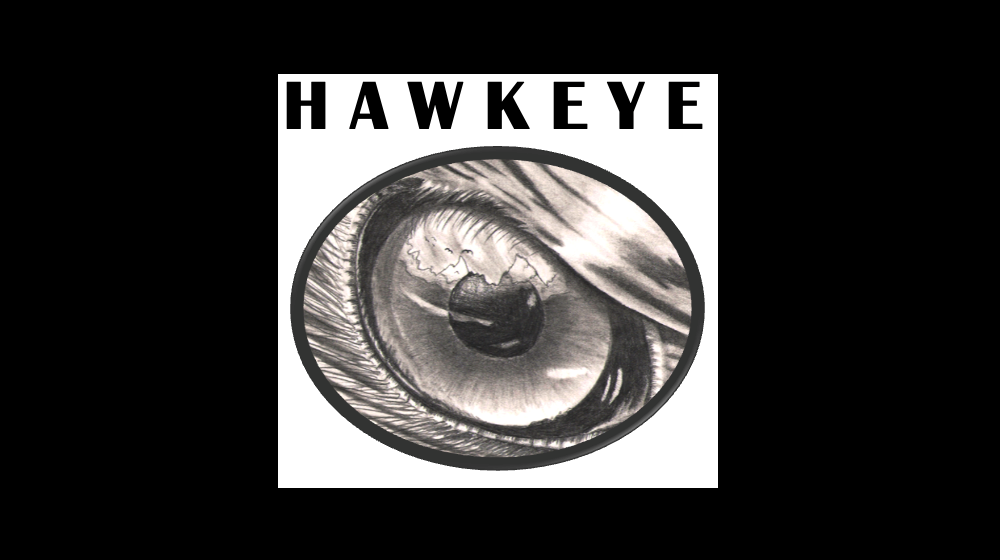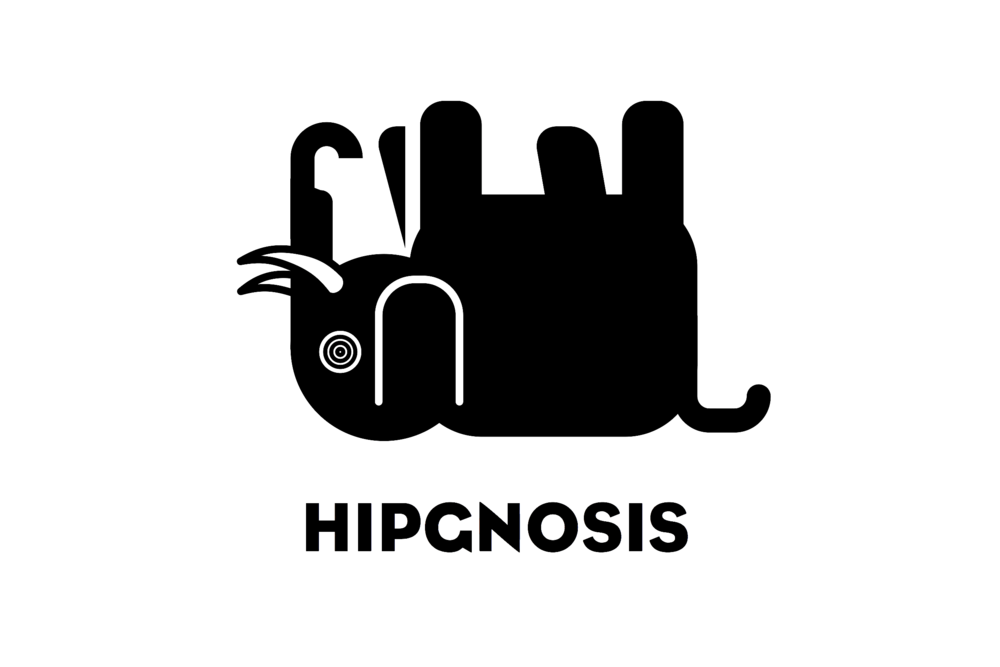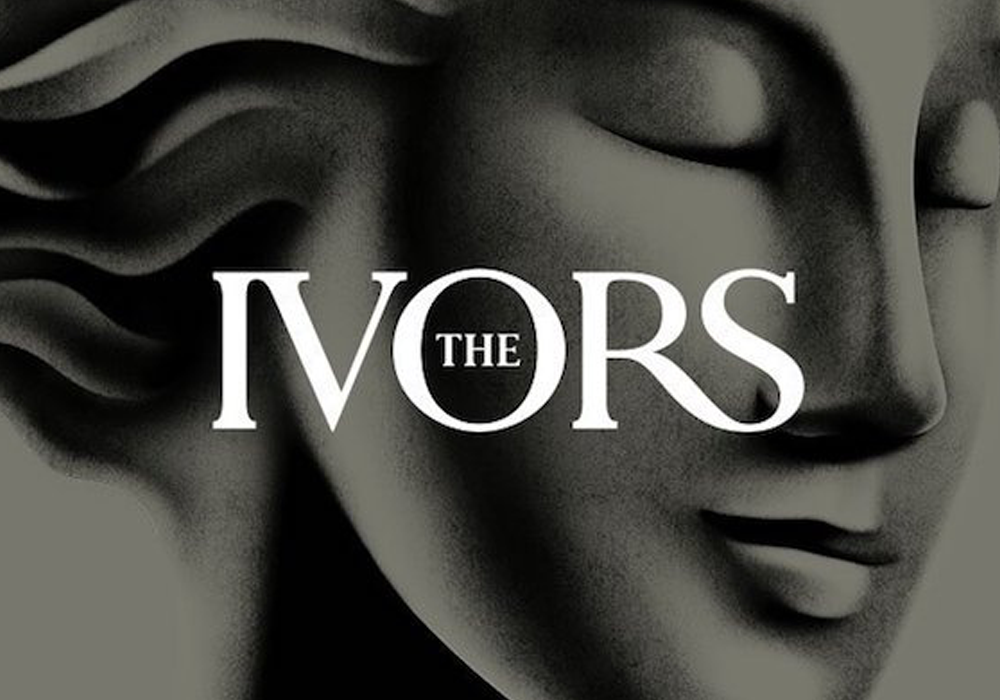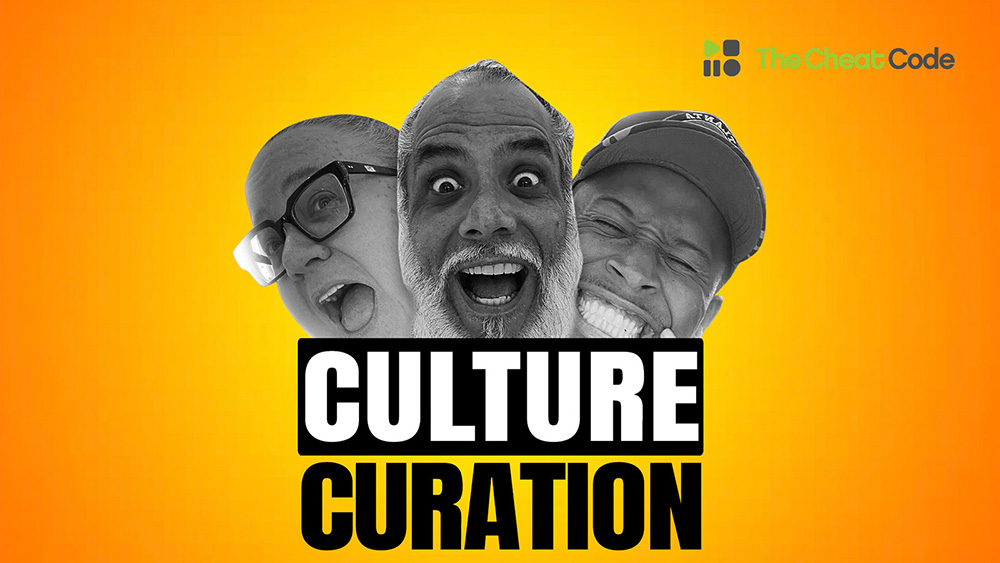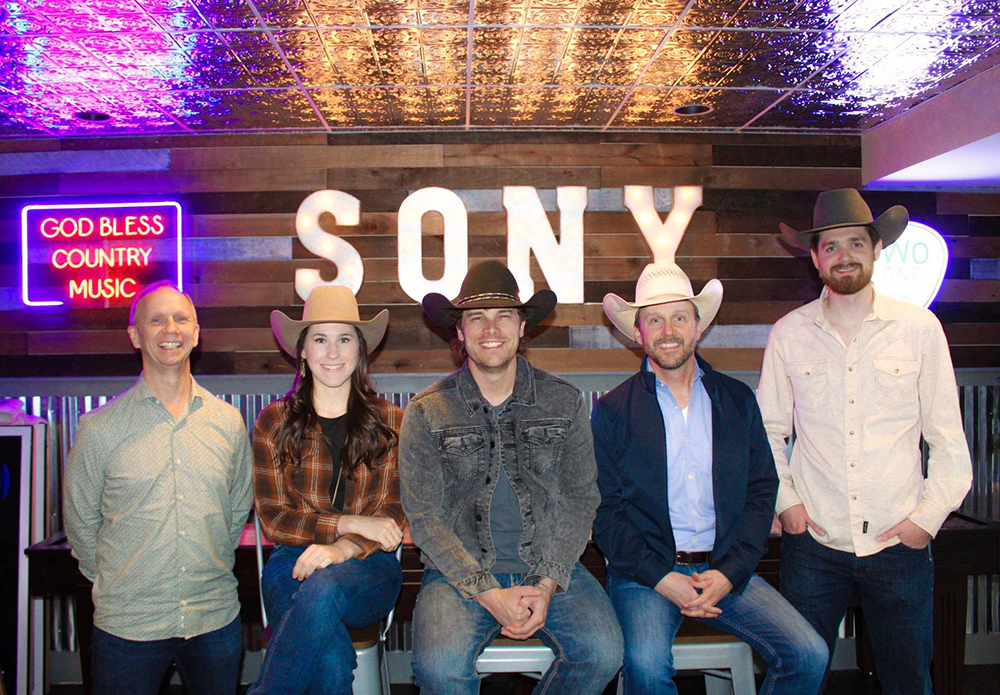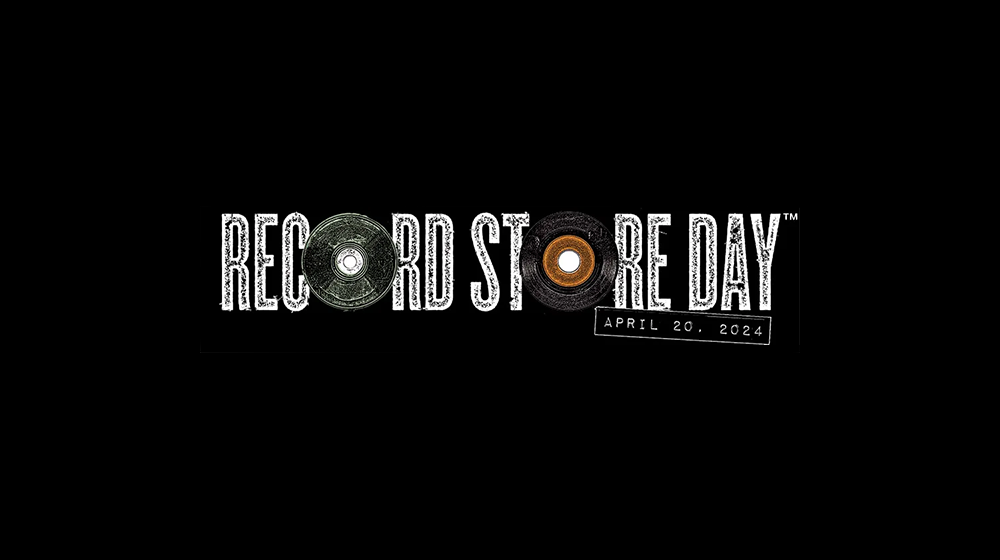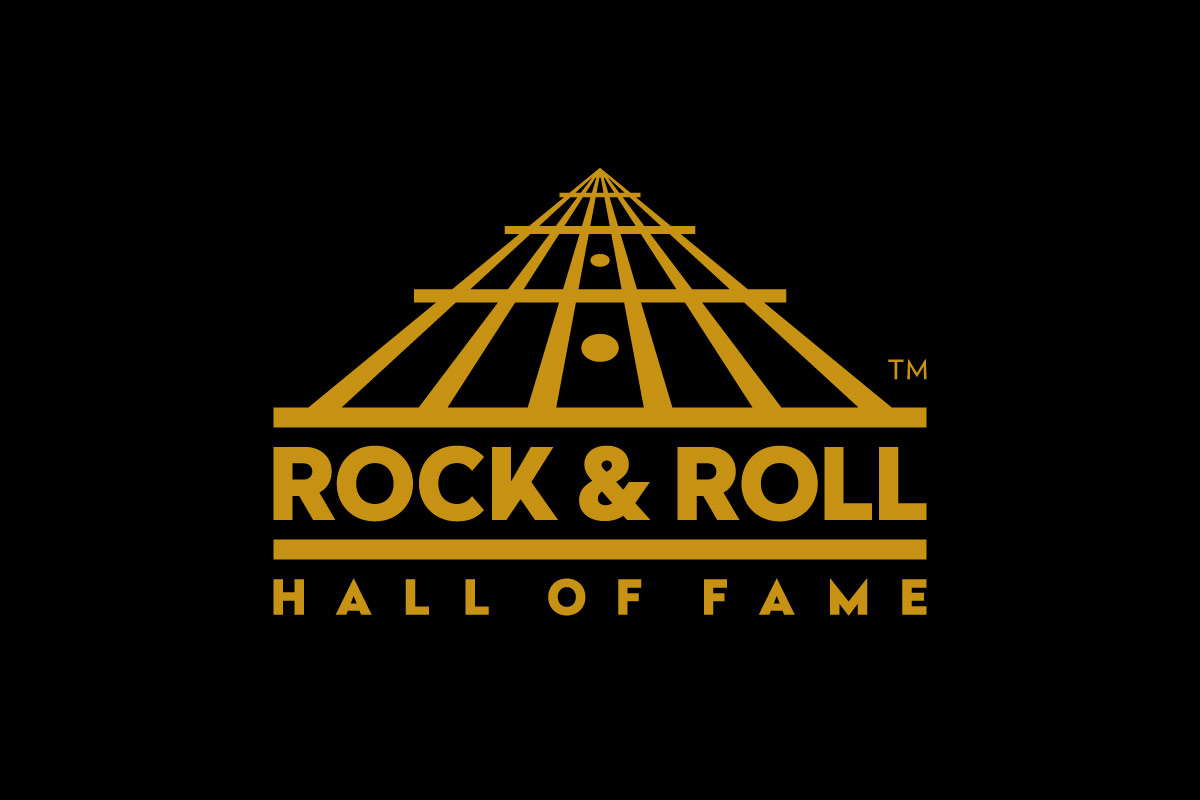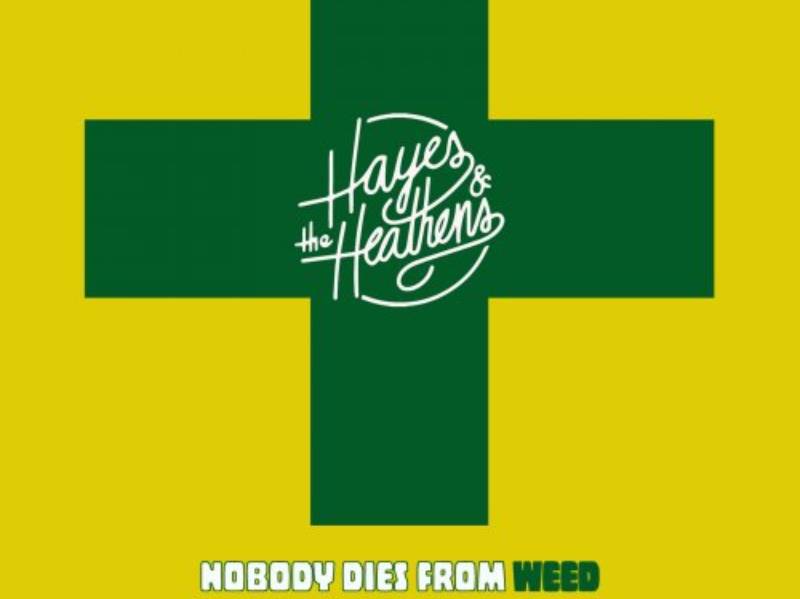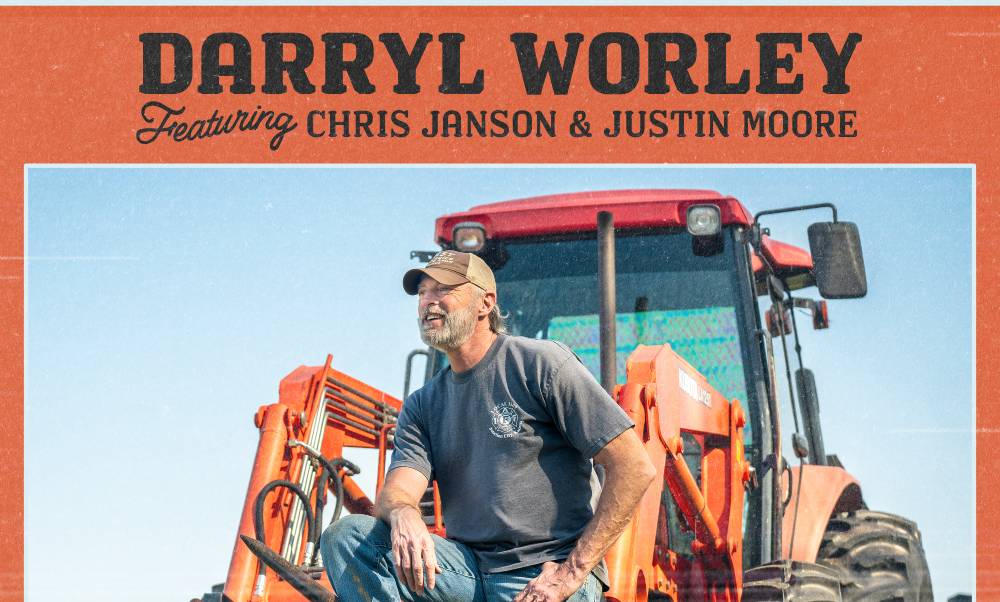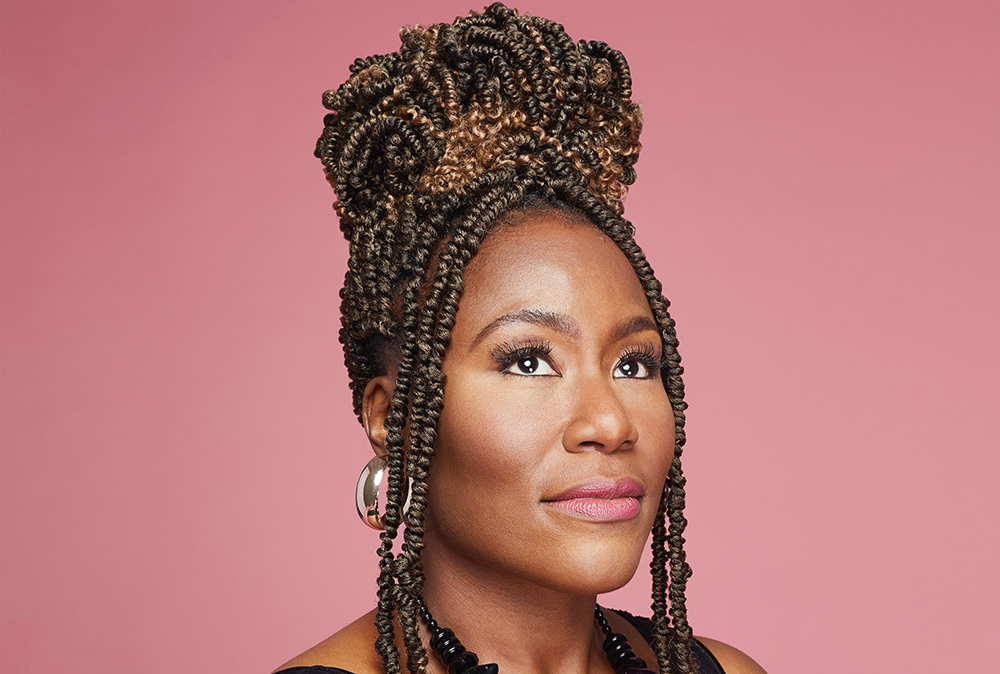
Would Bob Dylan have made it without Albert Grossman?
I just read a new music industry book entitled "Cowboys and Indies," which will be published in June. I doubt it will be a runaway success, unlike "Hit Men," it contains no bombshells. But it does add a deeper layer of insider knowledge to the stories all of us fans have heard over the years. But does anybody under the age of thirty care that the indies threw in the towel, unable to play the majors' game?
Yes, a huge focus of the book is on Chris Blackwell and Jerry Moss, and their ultimate decision to sell out. Distribution and radio promotion killed them, the playing field was not level.
But what truly intrigued me was the history long before I was born, starting in the middle of the nineteenth century, with the birth of recording devices. You see…the business has been forever filled with characters suing to get their own way. Hustlers abound. In other words, what happened after the Beatles was not new.
But what has been sticking in my brain is the story of Bob Dylan. How he was desperate, begging Carolyn Hester for more gigs, and ultimately signed by John Hammond when she agreed to let Dylan perform on her album.
As for the result, Dylan's initial LP? It sold 1,300 copies. That was a disaster then, just as it still is today.
But Hammond wanted to do another, although he was not encouraged from above.
But then came Albert Grossman.
Dylan eventually parted ways with the manager, but that was long after his sixties success.

Dylan convinced Hammond he was an orphan, that he had no mother and father to co-sign his underage contract. Dylan said to trust him.
Big mistake. Albert got involved and wanted to void the contract.
Hammond was pissed, a member of the gentry, he believed in being upfront and honest. But Hammond and Columbia caved. And Bob Dylan became one of the biggest stars in music history.
That initial album was almost all covers. Dylan was just another character. But Grossman gave Dylan space. And convinced his clients Peter, Paul and Mary to cover "Blowin' In The Wind."
It was a surprise when Dylan broke through with "Like A Rolling Stone." Most of us knew him as a writer, if we knew him at all.
But Albert Grossman made the wholesome Peter, Paul and Mary stars at the tail end of the folk boom and he utilized the work of his unknown client to seal the deal.
Behind every star is a manager. Who knows better than to see himself as a musician. Whose expertise lies in career planning, in clearing the way for his artist to create, and be handsomely compensated for his work. You may not know their names, but without these managers, you probably wouldn't know the names of their clients.
Then there's the curious story of Ken Kragen. Who made Trisha Yearwood, Travis Tritt and Gallagher stars. All of whom fired him, all of whom fell off the edge without him.

You think it's about acts and labels and radio, but the truth is behind every superstar there is a visionary, looking to build and protect his charge so he can gain his commission.
Albert Grossman has been almost completely forgotten.
But Todd Rundgren gained success on his label after blanking out with the Nazz.
Grossman managed Gordon Lightfoot. And the Band. And Janis Joplin.
Sure, Grossman went to college, but he didn't study the music business, he graduated in economics.
He started off as a club owner.
And he put Peter, Paul and Mary together!
So renegotiating with Albert Grossman was the best thing John Hammond ever did. Sure, he paid more, but like that old Billy Preston hit says…nothing from nothing leaves nothing. You can have a brilliant contract, but if you've got no sales, you're going to have no income.
Albert Grossman built Bob Dylan. Columbia Records helped.
And Dylan probably wouldn't have gotten more than his initial chance if Grossman hadn't become involved.
Because Dylan could create his character and hustle, but he could not be his own best advocate. Because you can't negotiate for yourself and it's rare that a great artist is a great businessman.
A great manager gives his client room to grow. Builds him up while softly criticizing. Keeps him on the path. Takes the long view.
Did Grossman rip off Dylan?
I'll let you decide.
But without him, there'd be little to steal.
"Cowboys and Indies: The Epic History of the Record Industry":http://us.macmillan.com/cowboysandindies/GarethMurphy

























